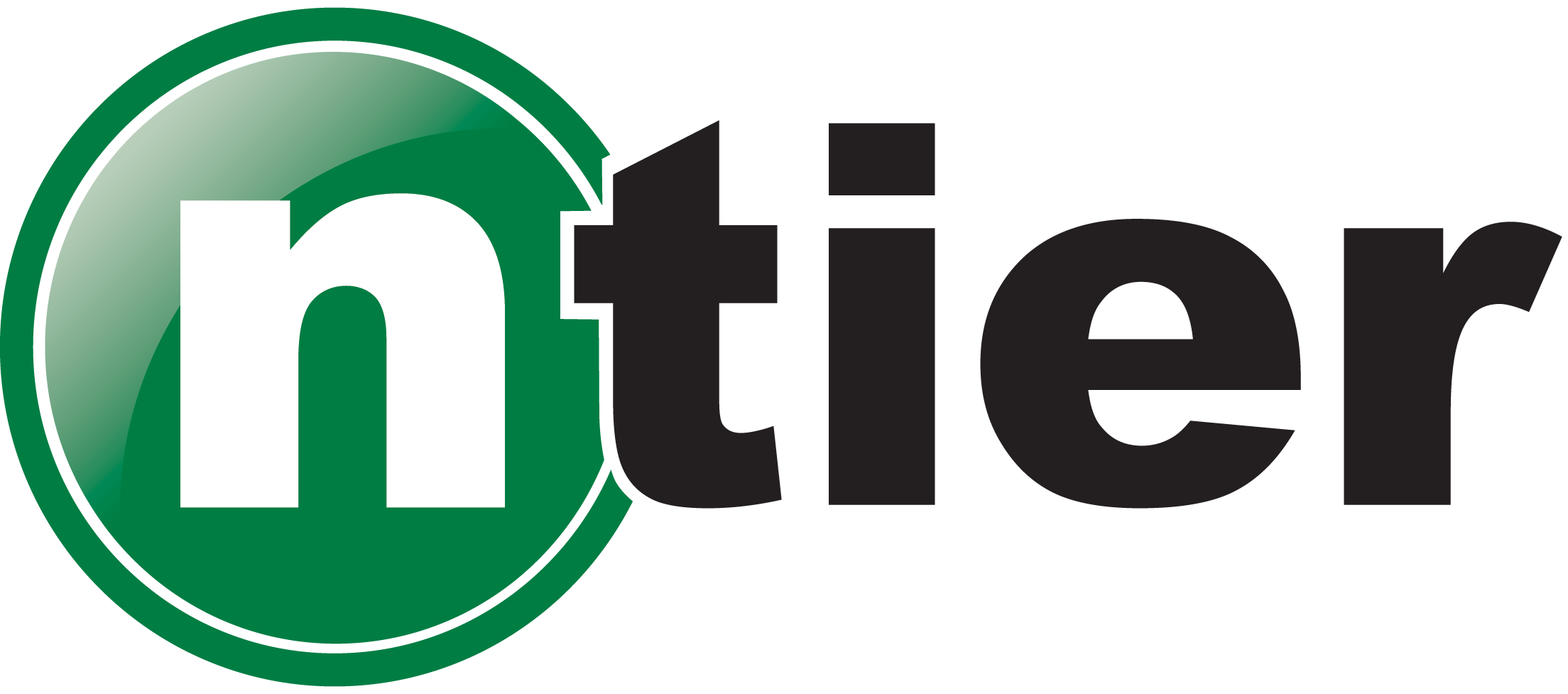Duration: 3 Days
Description
This hands-on course introduces developers to modern MongoDB practices, from document modeling and CRUD operations to advanced queries, aggregation pipelines, indexing, and scaling strategies. Learners will build expertise in both local and cloud-based (MongoDB Atlas) environments, working with real-world datasets using best practices. Topics include schema validation, array operations, transactions, security, and performance tuning. By course end, participants will be equipped to design, query, and manage production-grade MongoDB databases confidently.
Audience
This course is designed for developers, data engineers, DevOps professionals, and backend engineers who want to build, query, and scale NoSQL databases using MongoDB. It’s ideal for those moving from relational databases or JSON-based backend systems and looking to apply modern practices. No prior MongoDB experience is required, though familiarity with JavaScript or backend data workflows is helpful.
Objectives
- Set up and manage MongoDB locally and via MongoDB Atlas
- Perform CRUD operations and complex queries on nested documents
- Use schema validation to enforce data integrity
- Write efficient aggregation pipelines using $group, $lookup, and $project
- Work with arrays using update operators and array filters
- Optimize performance using indexes, projections, and explain()
- Implement authentication, user roles, and security best practices
- Use the MongoDB Atlas Data API for REST-style interactions
- Configure replica sets, understand sharding, and plan for horizontal scaling
- Replace deprecated tools like Map-Reduce with modern aggregation strategies
Prerequisites
Participants should have a working knowledge of general programming concepts and experience with JSON or JavaScript object notation. Prior exposure to databases (SQL or NoSQL) is helpful but not required. Comfort with command-line tools and basic application workflows (local server, HTTP, or API access) is expected.
Course Outline
Module 1: NoSQL and MongoDB
- NoSQL and MongoDB Overview
- Introduction to MongoDB Atlas for Cloud Database Hosting
- MongoDB Shell and GUI Tools
Module 2: Documents and Collections
- Documents and Collections Overview
- Shema Design Principles and Data Modeling
- Schema Validation with $jsonSchema and validator Rules
Module 3: Queries
- Query Operators
- Projections
- Limiting Results Paging
- Using $in, $regex, $exists, $type, and $elemMatch
- Using explain() to Analyze Query Performance
Module 4: Updates
- Insert and Update Fields
- Remove Fields and Documents
- Upserts and Conditional Updates
- Multi-Document Transactions
Module 5: Advanced Queries
- Existential Fields
- Aggregated Fields
- Expression-Based Queries with $expr
- Complex Conditions
- Using Indexes Effectively to Support Advanced Queries
Module 6: Aggregation
- Aggregation Methods
- Aggregation Over Nested Documents
- Joining Collections with $lookup
- $group, $sort, $project, $unwind, $merge in Pipelines
- Using the Aggregation Pipeline Builder Compass
Module 7: Array Updates
- Inserting Elements
- Removing Elements
- Array Operators
- Updating Array Elements
Module 8: Indexes
- Indexes Overview
- Selection and Hints
- Size and Speed
- Compound Indexes, Test Indexes, Partial Indexes, TTL Indexes
- Monitoring with explain() and Index Usage Stats
Module 9: Atlas Data API
- Authenticating and Sending CRUD Operations via HTTPS
- Using Data API with Serverless Functions and Frontend Apps
Module 10: Aggregation Framework
- Comparison with $group, $accumulator, and $merge
- Aggregation vs. Map-Reduce
Module 11: Security
- Securing Collections
- Enterprise Security
- Authentication and Authorization in MongoDB Atlas
- Field-Level Encryption (FLE) and TLS/SSL Basics
Module 12: Replication and Sharding
- Replication for Performance and HA
- Sharding for Scalability
- Deploying and Monitoring Replica Sets on MongoDB Atlas
- Shard Key Selection Strategies and Zone-Based Sharding
- Global Clusters and Regional Failover
